Turkey has officially signed its largest defense export contract to date, finalizing a $10 billion deal for the sale of 48 KAAN fifth-generation fighter jets to Indonesia. The agreement, announced by Turkish Aerospace Industries (TAI) and confirmed by Turkey’s Ministry of National Defense, represents the first international order for a domestically developed stealth aircraft and signals a major breakthrough in Turkey’s strategic defense ambitions.
The KAAN, previously known as the TF-X, is Turkey’s flagship fifth-generation multirole fighter project. Designed to compete with platforms such as the F-35 and J-31, the KAAN integrates stealth characteristics, advanced avionics, supercruise capability, and networked warfare systems. The jet is being developed by TAI in collaboration with ASELSAN, HAVELSAN and several Turkish defense contractors, with prototype testing scheduled to begin in early 2024.
“This is a historic moment for Turkey and our defense industry,” Turkish President Recep Tayyip Erdogan said in a statement. “KAAN is a symbol of our technological independence and strategic strength. With this agreement, we now take our rightful place among the world’s best fighter jet manufacturers.”
Strategic importance for Indonesia
The deal marks a significant leap forward in Indonesia’s air force modernization efforts. The Indonesian Air Force is looking for a replacement for its fleet of aging F-5s and to complement its existing Su-27/Su-30 aircraft. With deliveries of the KAAN jets expected to begin by 2028, Jakarta is set to become the first Southeast Asian nation to have a fifth-generation air combat capability.
Indonesian Defense Minister Prabowo Subianto, who signed the agreement with his Turkish counterpart Yasar Guler in Ankara, praised the deal as a “partnership built on trust, technology and shared security goals.” He added that the acquisition of the KAAN jets would significantly enhance Indonesia’s deterrence posture and regional defense footprint.
The package includes technology transfer components, training for Indonesian pilots and technicians, as well as the potential for joint production and maintenance facilities in Indonesia – a particularly important aspect of Jakarta’s goal of building a local defense industrial capacity.
Read More: SpaceX Launches X-37B Spaceplane on Secret Mission with New Tech Demos
Upgrading Turkey’s Defense Industry
The KAAN deal with Indonesia is a milestone in Turkey’s long-standing effort to become a major global defense exporter. Over the past decade, Turkey has steadily increased its defense exports, driven by successes in UAVs (such as the Bayraktar TB2), naval platforms, and armored vehicles. However, the fifth-generation fighter market has remained one of the most niche domains, dominated by the US, Russia, and China.
With the agreement, Turkey becomes the first nation outside that trio to successfully export a fifth-generation aircraft.
“This contract validates the reliability of Turkish aerospace engineering and the maturity of the KAAN platform,” said Ankara-based defense analyst Dr. Arda Mevlutoğlu. “This is a strategic win not only for defense exports but also for Turkey’s geopolitical influence in Asia.”
TAI CEO Temel Kotil confirmed that production will be significantly increased to meet both Turkish and Indonesian demand. Additional export interest has been reported from countries in Central Asia and the Middle East.
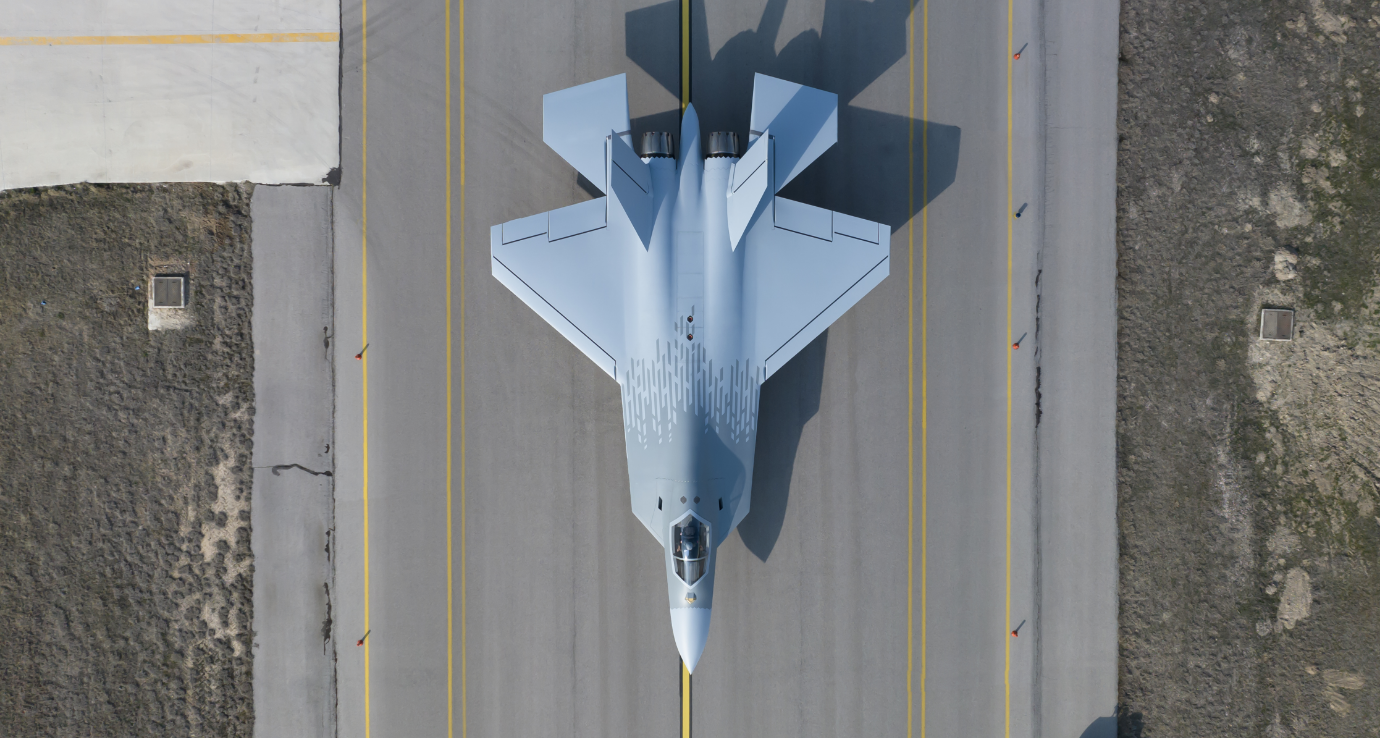
Regional and Geopolitical Implications
The deal comes at a time when defense procurement activity in Asia has increased, as nations seek to modernize their militaries amid rising regional tensions. Indonesia’s acquisition of fifth-generation fighters could inspire neighboring countries to take similar steps to maintain parity.
At the same time, Turkey’s successful export of such a platform could challenge the influence of the US and China in key arms markets, especially in regions where strategic alignments are unstable.
Although not part of NATO’s fighter program architecture, the KAAN is positioned as a cost-effective and politically flexible option for countries seeking to acquire a high-level capability without Western export restrictions or dependence on China.
Conclusion
The $10 billion KAAN fighter jet deal between Turkey and Indonesia marks a transformative moment in the global defense industry. As Turkey expands its role as both a producer and exporter of cutting-edge military technology, and Indonesia positions itself as a fifth-generation air power leader in Southeast Asia, the agreement is poised to reshape regional dynamics and strengthen long-term strategic ties between Ankara and Jakarta.
Also Read: U.S. Military Pursues Ukraine‑Like Conditions to Test Drones
FAQs: Questions & Answers
The KAAN is Turkey’s first fifth-generation stealth fighter jet. It features advanced radar systems, a stealth design, and can fly at supersonic speeds without using additional fuel (supercruise). It is designed to compete with the F-35 and China’s J-31, making it a powerful option for countries looking for modern air power.
Indonesia wants to modernize its air force and reduce its heavy dependence on the US or Russia. By choosing the KAAN, it also gains access to advanced technology, training, and local manufacturing. This gives Indonesia more independence in defense while also gaining a cost-effective fifth-generation jet.
This is Turkey’s largest defense export to date. By selling 48 KAAN jets, Turkey has become the first country after the US, Russia and China to export a fifth-generation fighter jet. It enhances Turkey’s defense reputation worldwide and increases its influence in Asia, where countries are upgrading their military power.
Yes. Reports suggest that countries in Central Asia and the Middle East are already showing interest. With rising regional tensions and global interest in cheap stealth fighter jets, Turkey could turn the KAAN into a trending choice for countries seeking advanced air power without the strict export regulations of the West.
Continue Reading: U.S. Military Pursues Ukraine‑Like Conditions to Test Drones
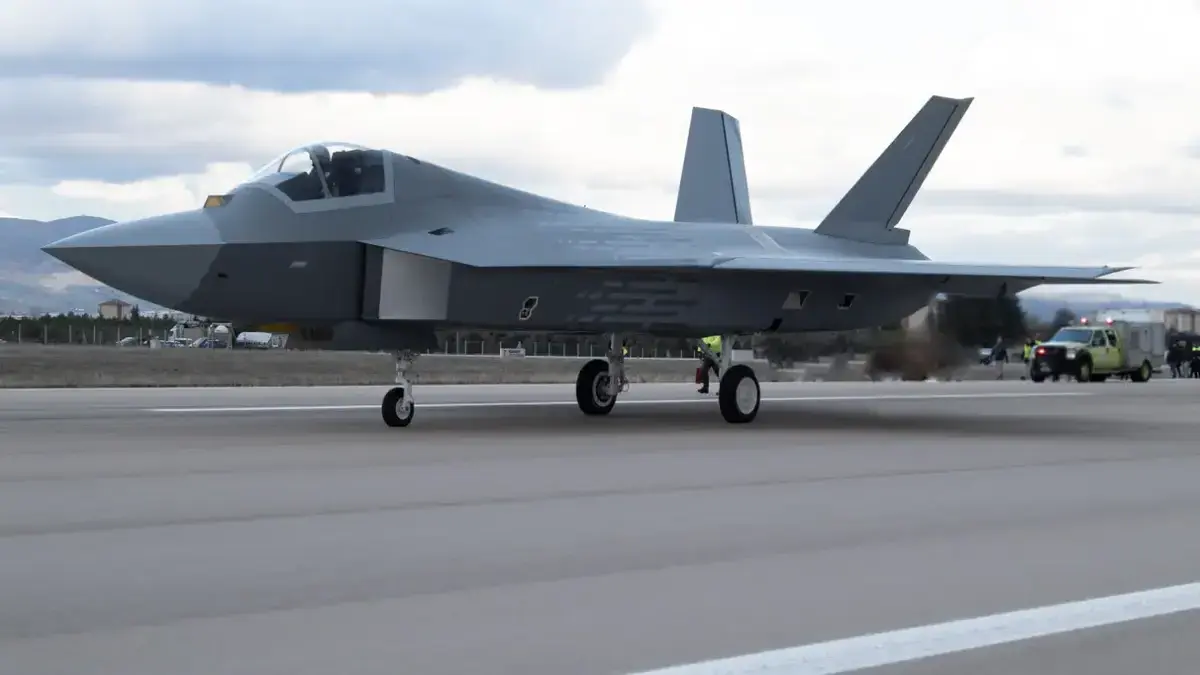
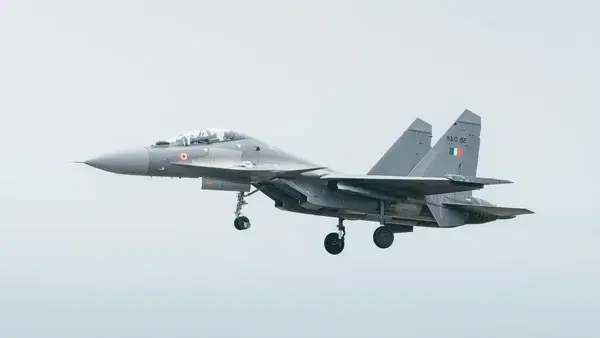
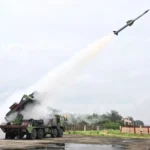

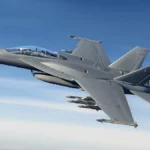



Leave a Reply